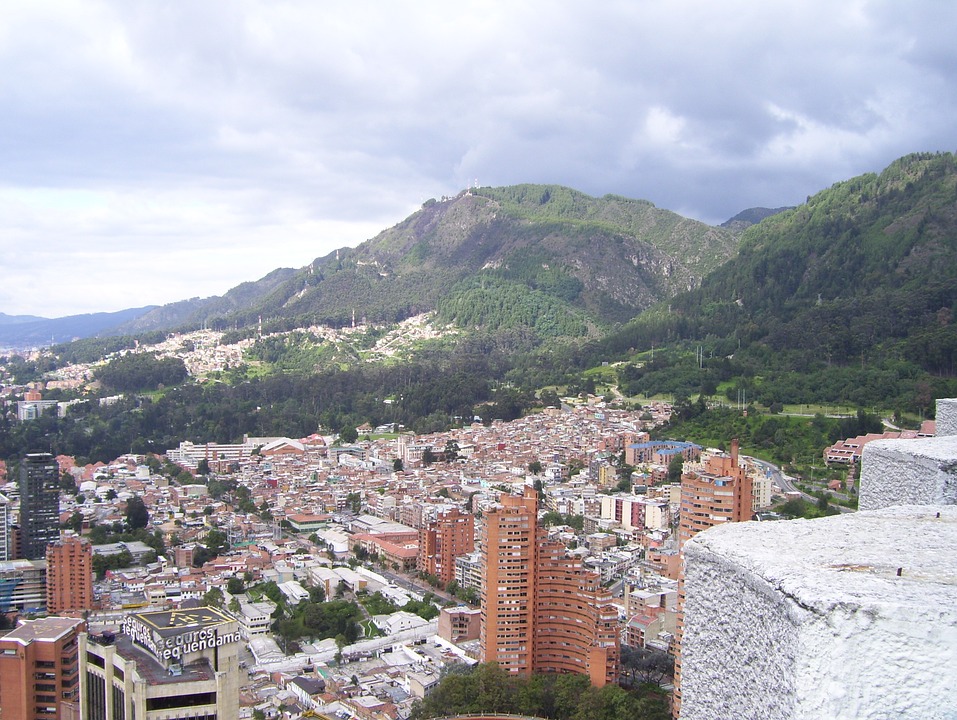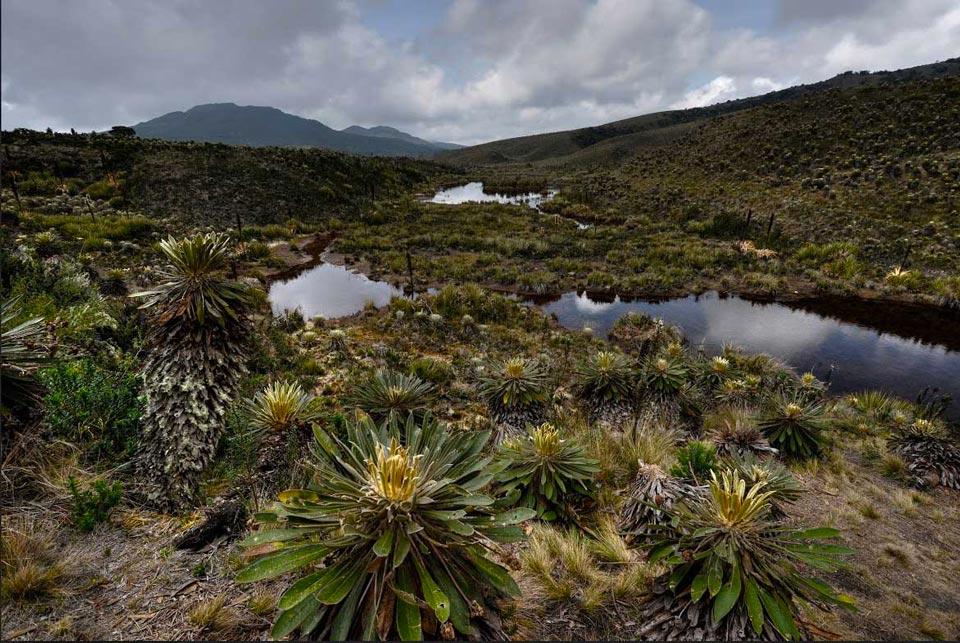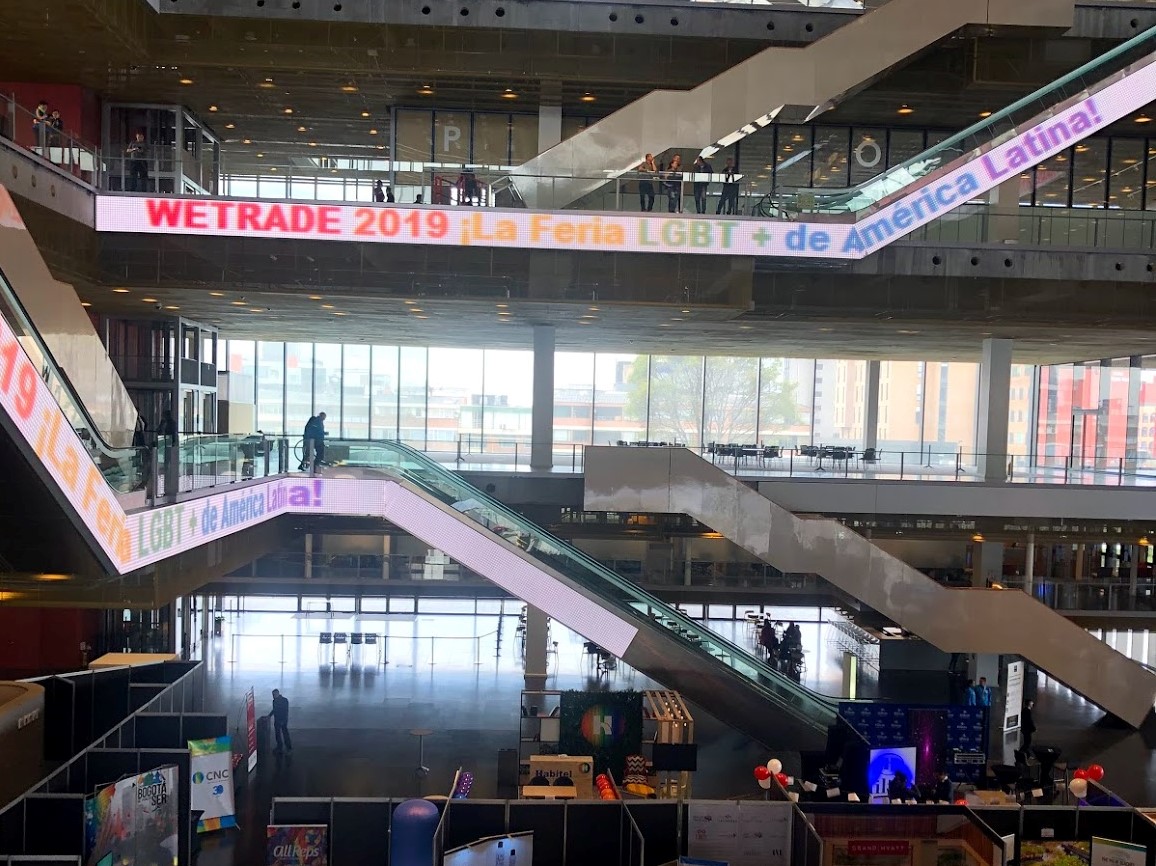
During the World Economic Forum in Davos, Switzerland, President Duque announced that Medellin had been tapped to represent Latin America as a Centre for the Fourth Industrial Revolution, a term coined by the Forum’s founder, Klaus Schwab. The “City of Eternal Spring” will join a global network that includes Israel, Norway, the United Arab Emirates as this year’s selected cities, in addition to San Francisco, Tokyo, Mumbai, and Beijing, which were named in 2018.
After delivering several updates about the security situation in Colombia in the wake of last week’s fatal car bombing, Duque introduced the news in a launch event on Wednesday flanked by the mayor of Medellin, Federico Gutiérrez, and Schwab himself.
“I would like to say that Colombia feels extremely proud to be the headquarters of one of the four centers that will be inaugurated in 2019 for the Fourth Industrial Revolution,” said President Duque.
Schwab, who founded the World Economic Forum in 1971, identified Medellin as a progressive, world-renowned city that would align with the kinds of technological advances that are implied in his definition of a Fourth Industrial Revolution. These include artificial intelligence, a focus on the Internet of Things, blockchain, precision medicine, and drones. According to a white paper published (pdf) by the Centre, the Fourth Industrial Revolution is the “age in which scientific and technological breakthroughs are disrupting industries, blurring geographical boundaries, challenging existing regulatory frameworks, and even redefining what it means to be human.”
Whether Medellin is up to the challenge to compete with San Francisco and Tokyo in the area of artificial intelligence is to be determined, but within the last few years, the city has garnered international recognition for its innovative practices.

In 2013, the Urban Land Institute, in partnership with the Wall Street Journal and Citi, voted Medellin the City of the Year in a competition that measured among other criteria, environment and land use, economic investment, mobility, infrastructure, technology, and research.
Since then, Medellin has been the host-city for several globally recognized innovation conferences including the Wales-based Hay Festival and Ouishare’s Colaboamerica conference. Juan Pablo Ortega, the head of Colaboamerica in Medellin, shed some light on what this announcement means for the city and the country, over an email exchange with The Bogota Post.
“I believe that Colombia has the talent, the ability to learn quickly, the sense of urgency, and through the framework of the Medellin Innovation District, is in the most appropriate position to test and develop the guidelines, strategic framework and standards to face the largest challenges in Latin America through the internet of things, blockchain, and artificial intelligence,” Ortega said.
As a former executive director of Ruta N, the innovation and business center of Medellin, Ortega understands firsthand the challenges that promoting Medellin as an innovation hub will be—it’s been part of their long term strategy for the last decade, he told The Bogota Post.
“There is still a lack of understanding on these issues, which is why it is necessary to develop an aggressive plan of awareness at all levels (government, companies, educational entities and citizens) of the potential of disruptive technologies. . .and the opportunities that open up for everyone in addition to the role that each person involved should play in contributing to the implementation of solutions,” Ortega wrote.
In Duque’s launch announcement, he did not spell out exactly how Medellin would assume the new title but he did present some of the foreseeable benefits.
“We also see it as an opportunity to adapt in terms of education, regulation, business development and to be able to create a better environment in Latin America, in the development of this type of technology,” he said.
One of the assets implicit in the Fourth Industrial Revolution is its narrowed scope of emphasis in addition to the precedent and knowledge base that former Centres already possess. It’s Ortega’s hope that by aggressively attracting talent, other areas such as urban development, digital transformation and social sciences will benefit as well.
In his announcement, President Duque also stated some of the benefits of being such a hub for Latin America.
“We also see it as an opportunity to adapt in terms of education, regulation, business development to be able to create a better environment and environment in Latin America, in the development of this type of technology,” he said.
Based off of his comments, what Schwab sees in Medellin is different from what he sees in other cities. Referring to the capital of Antioquia as “young” and possessing “great potential,” Schwab seems to be betting big. Nevertheless, putting Medellin on the global map for innovation is welcome news for the country.
*This article has been updated to include the quotations of Mr. Ortega.





